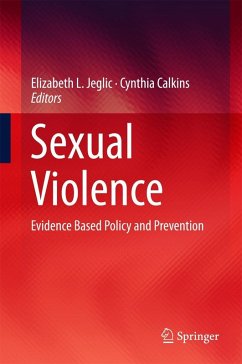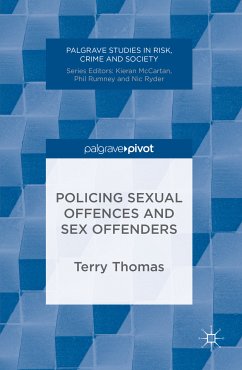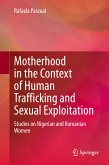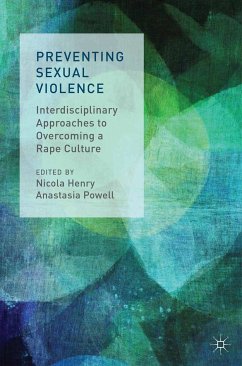Research shows that post-sentence policies may destabilize offenders and limit their ability to reintegrate with society at a critical period, therefore increasing the chances of recidivism. Furthermore, the majority of sex crimes (95%) are committed by first time offenders. This innovative book is divided into two parts juxtaposing what is currently being done legislatively with what the research evidence suggests would be best practice.
Dieser Download kann aus rechtlichen Gründen nur mit Rechnungsadresse in A, B, BG, CY, CZ, D, DK, EW, E, FIN, F, GR, HR, H, IRL, I, LT, L, LR, M, NL, PL, P, R, S, SLO, SK ausgeliefert werden.









